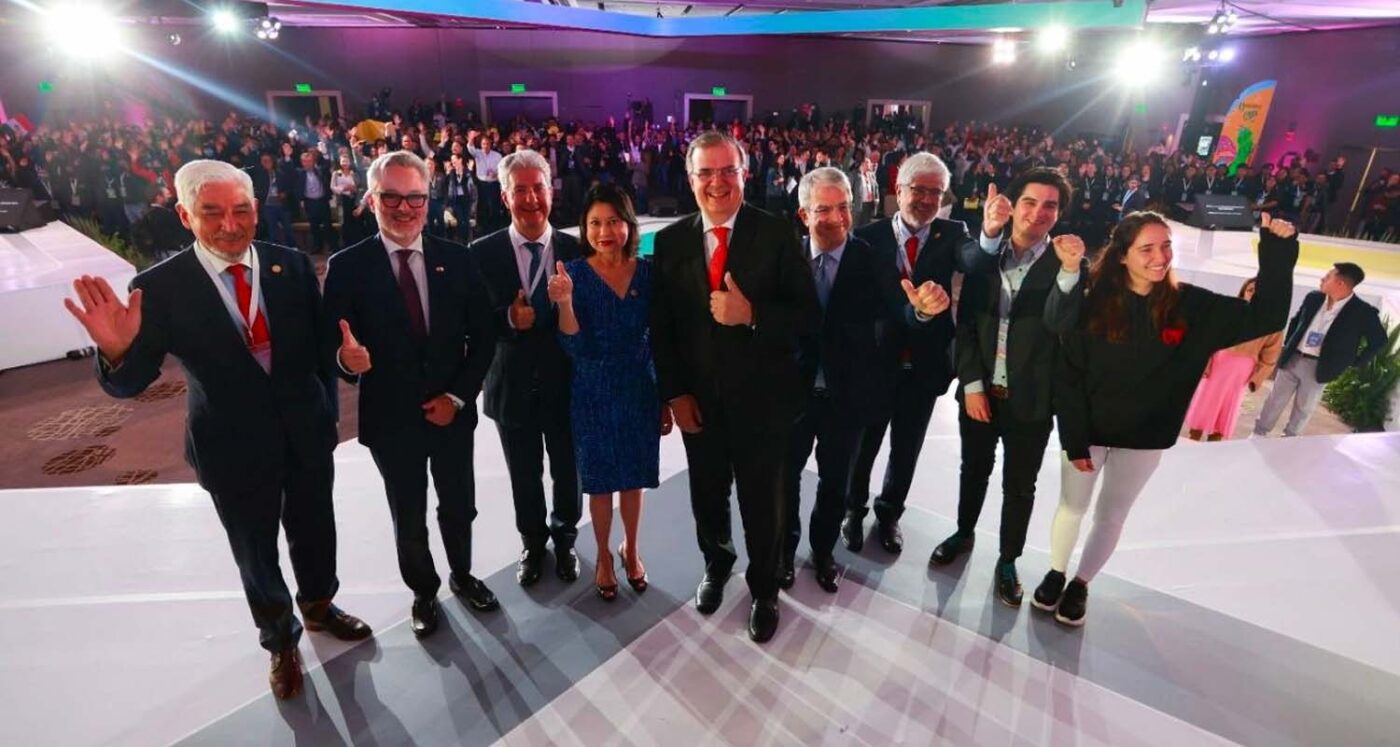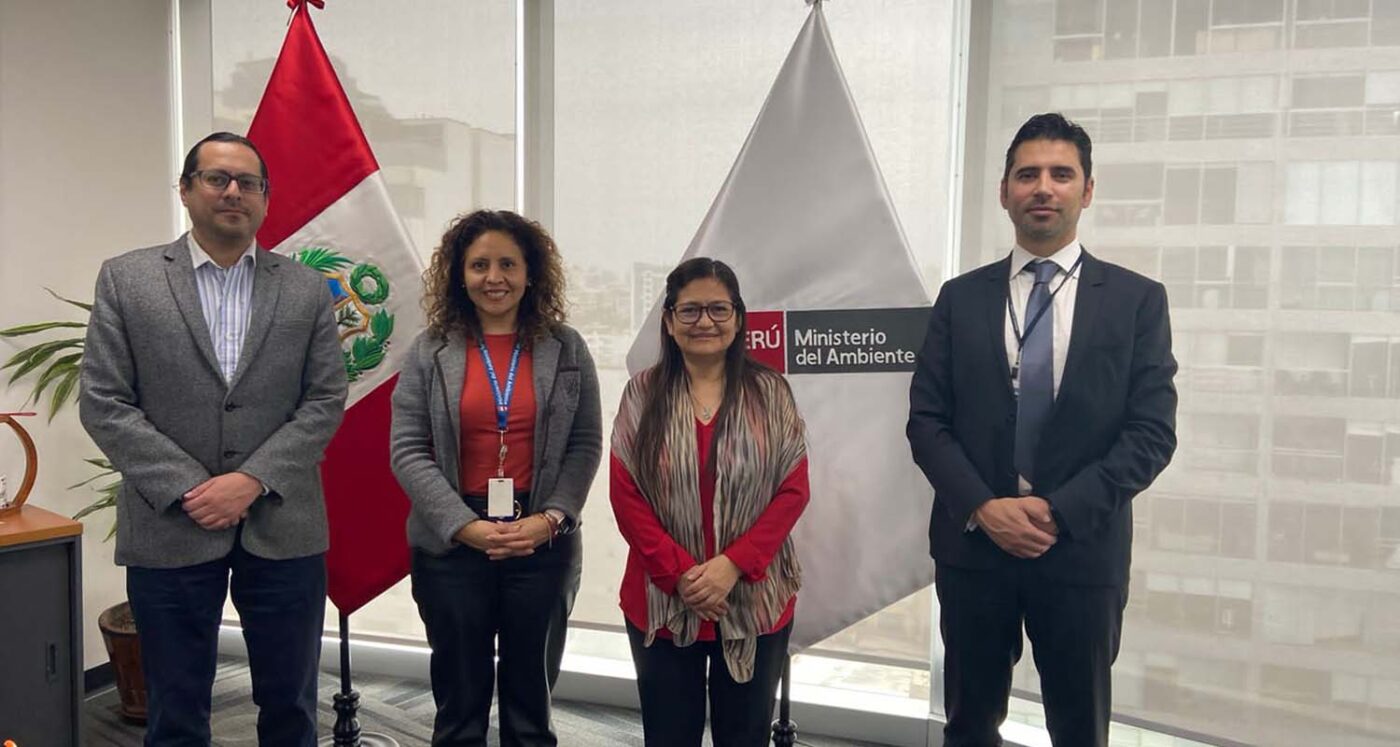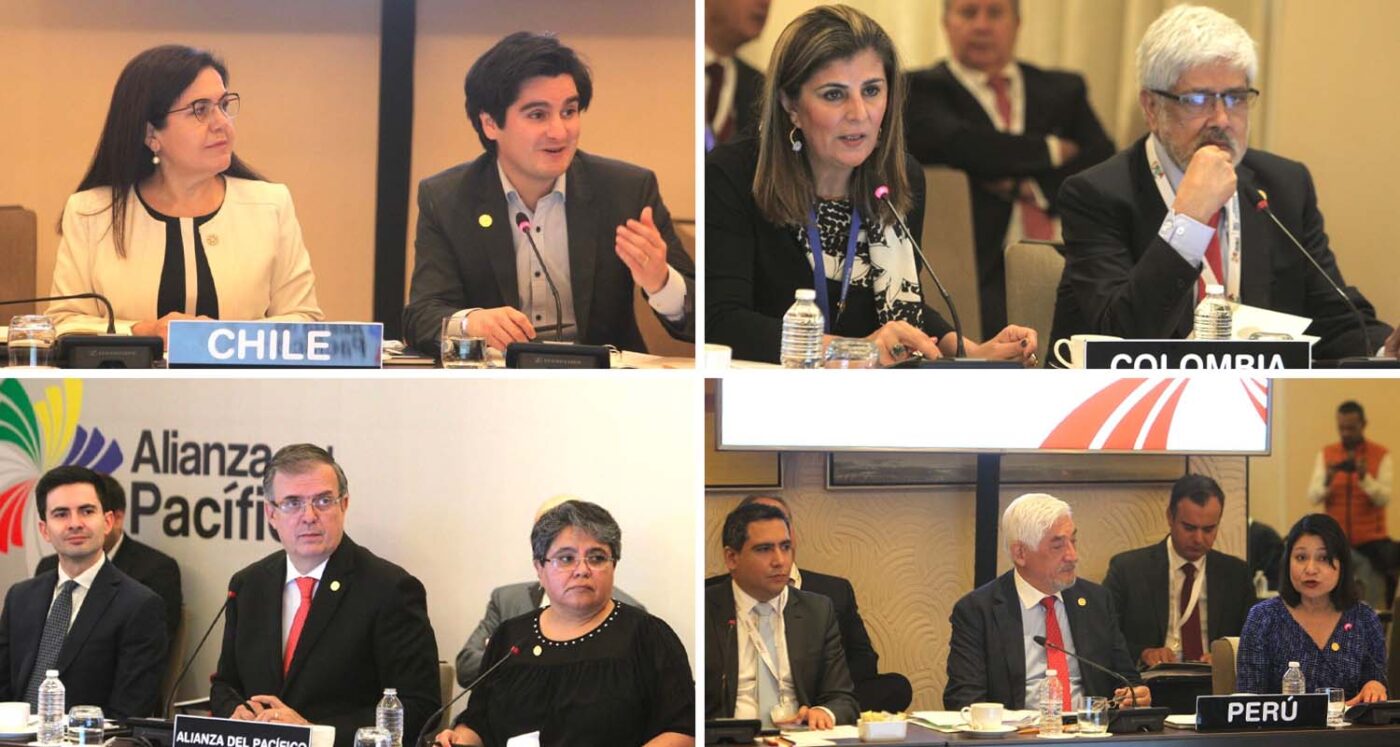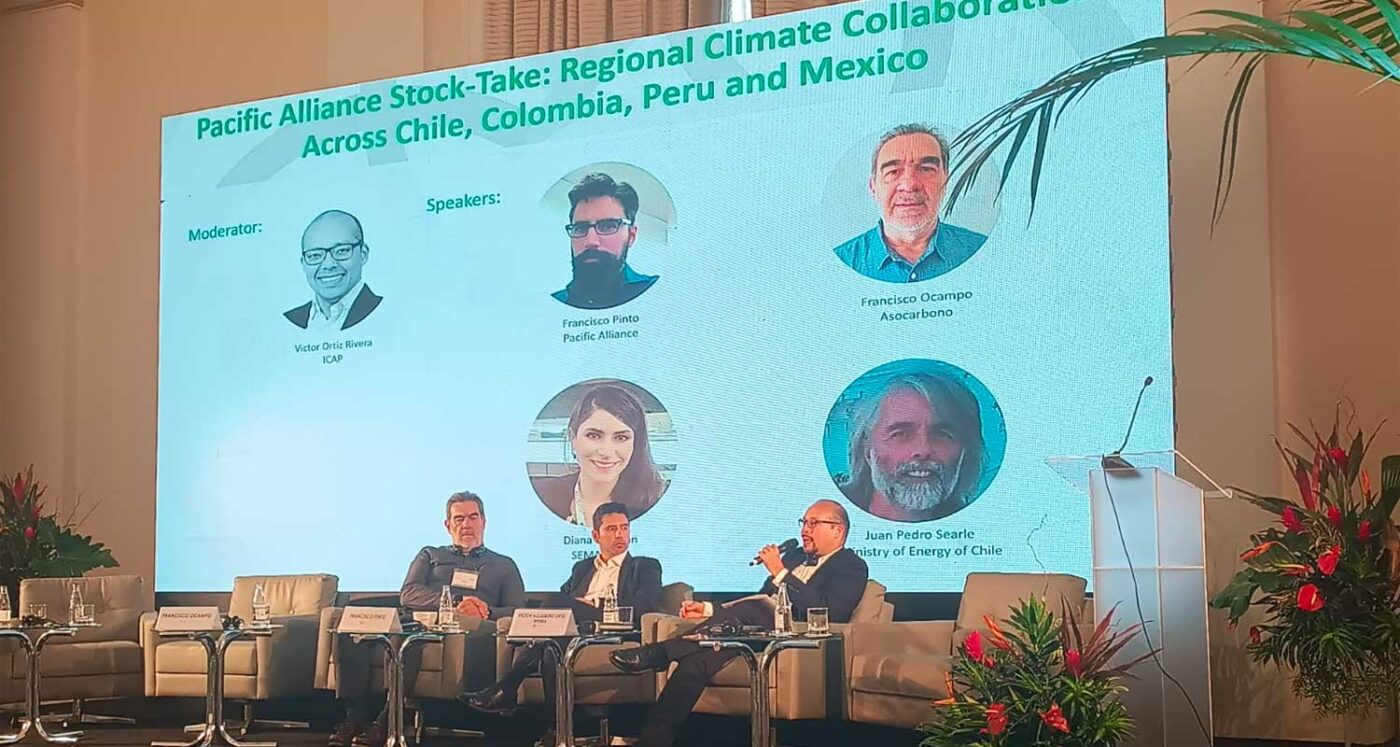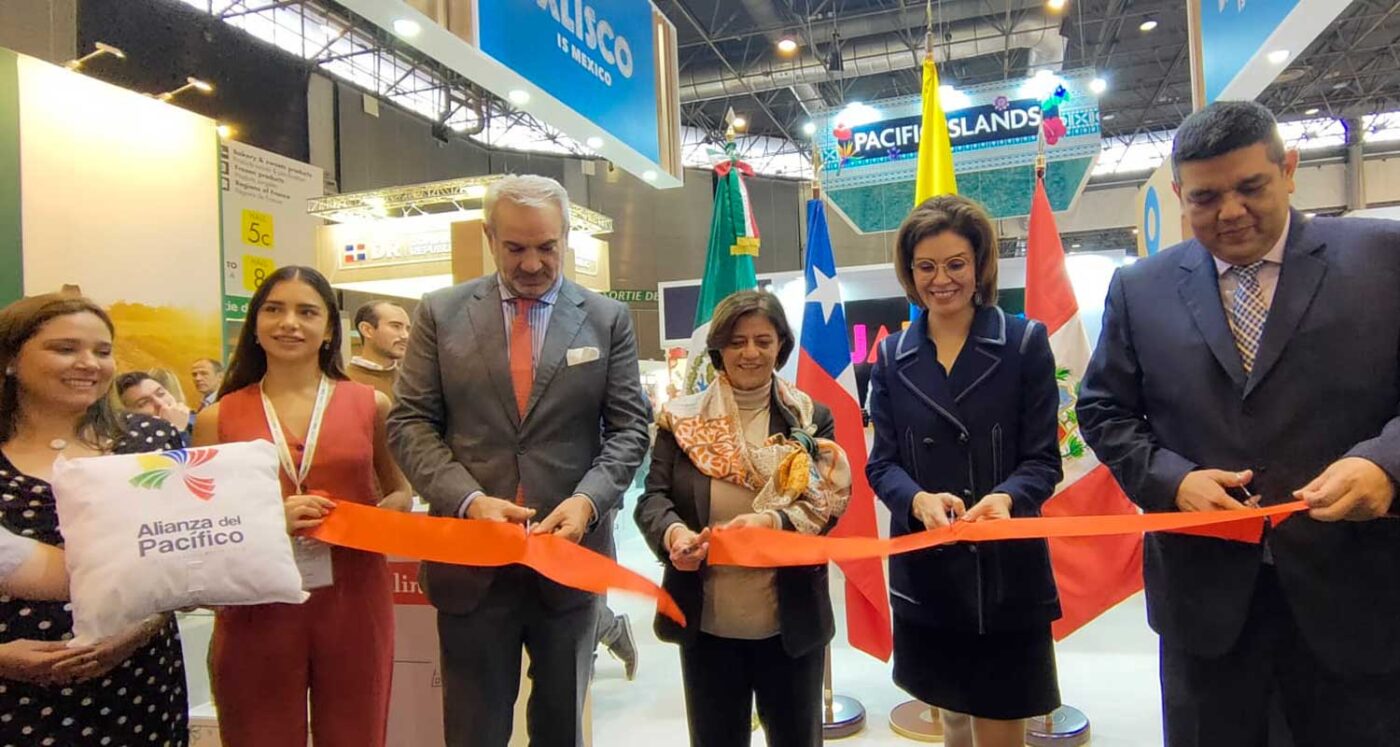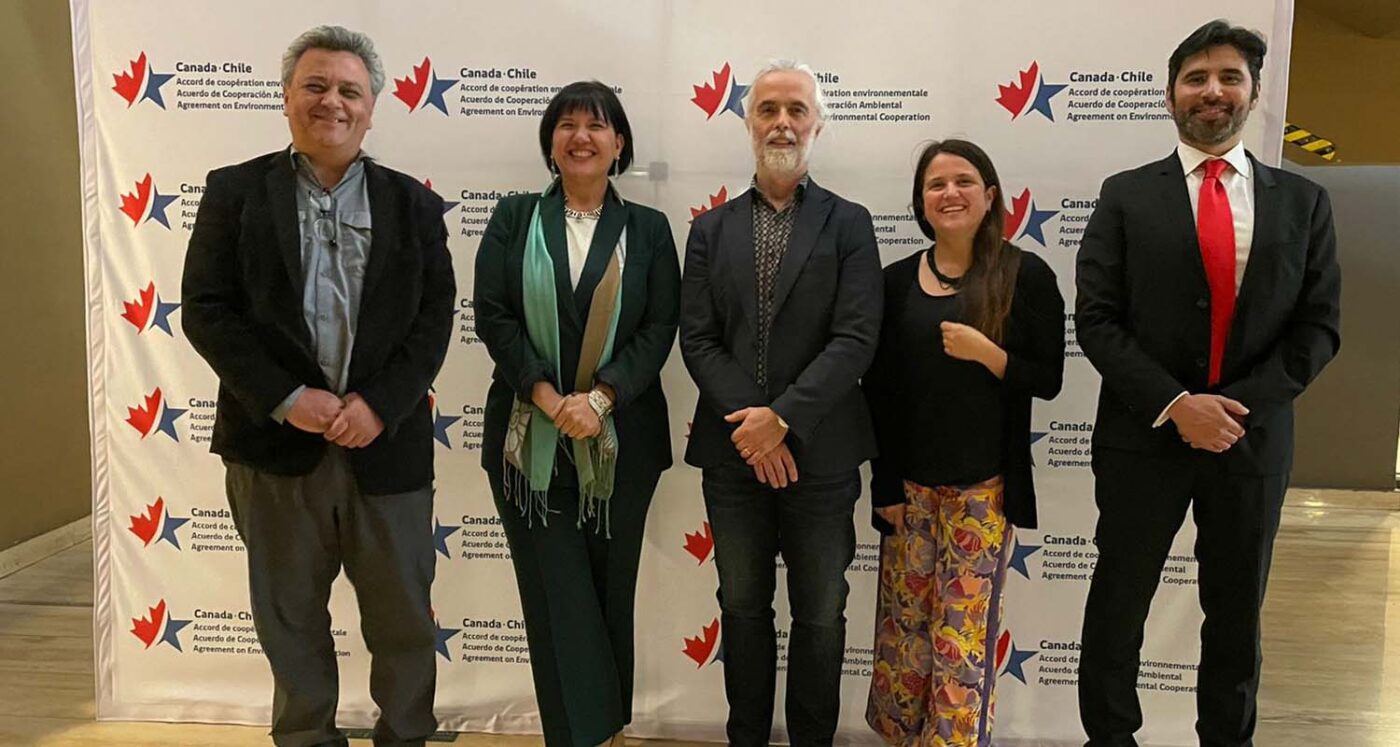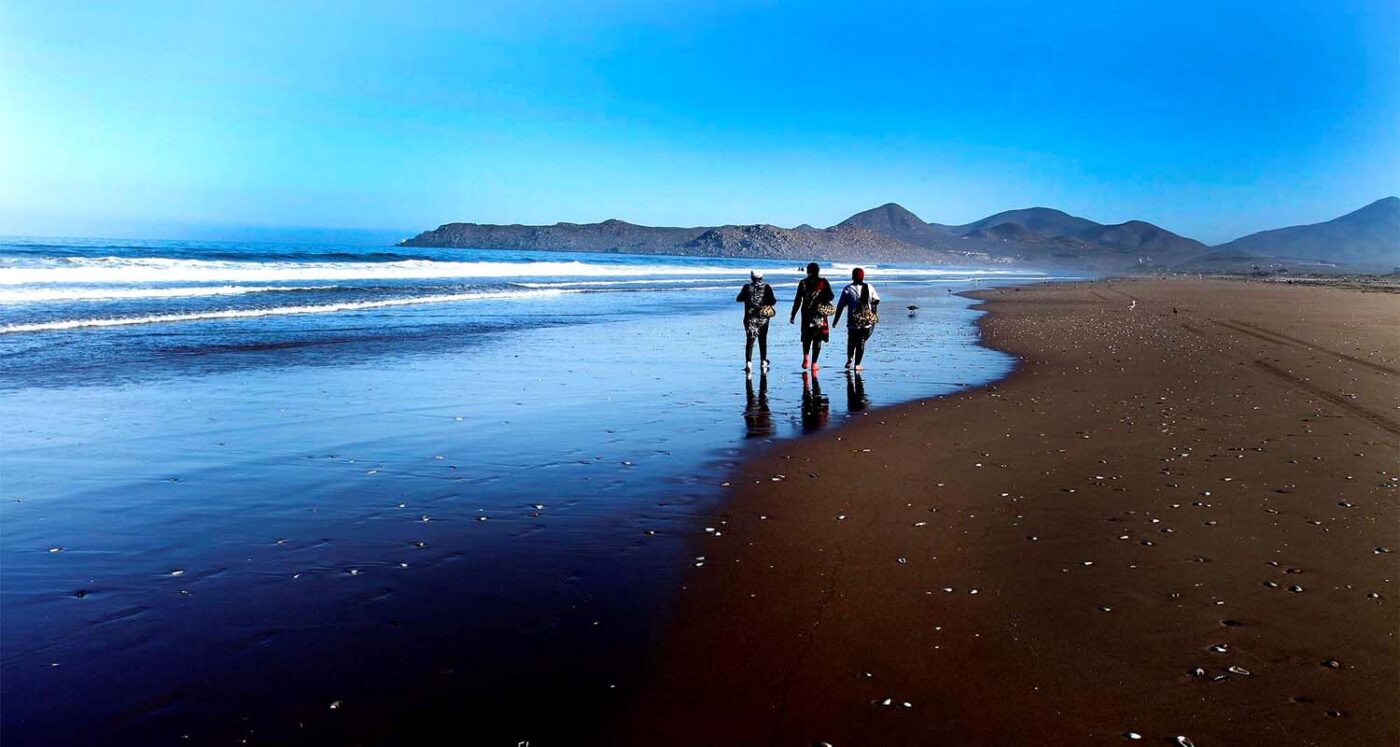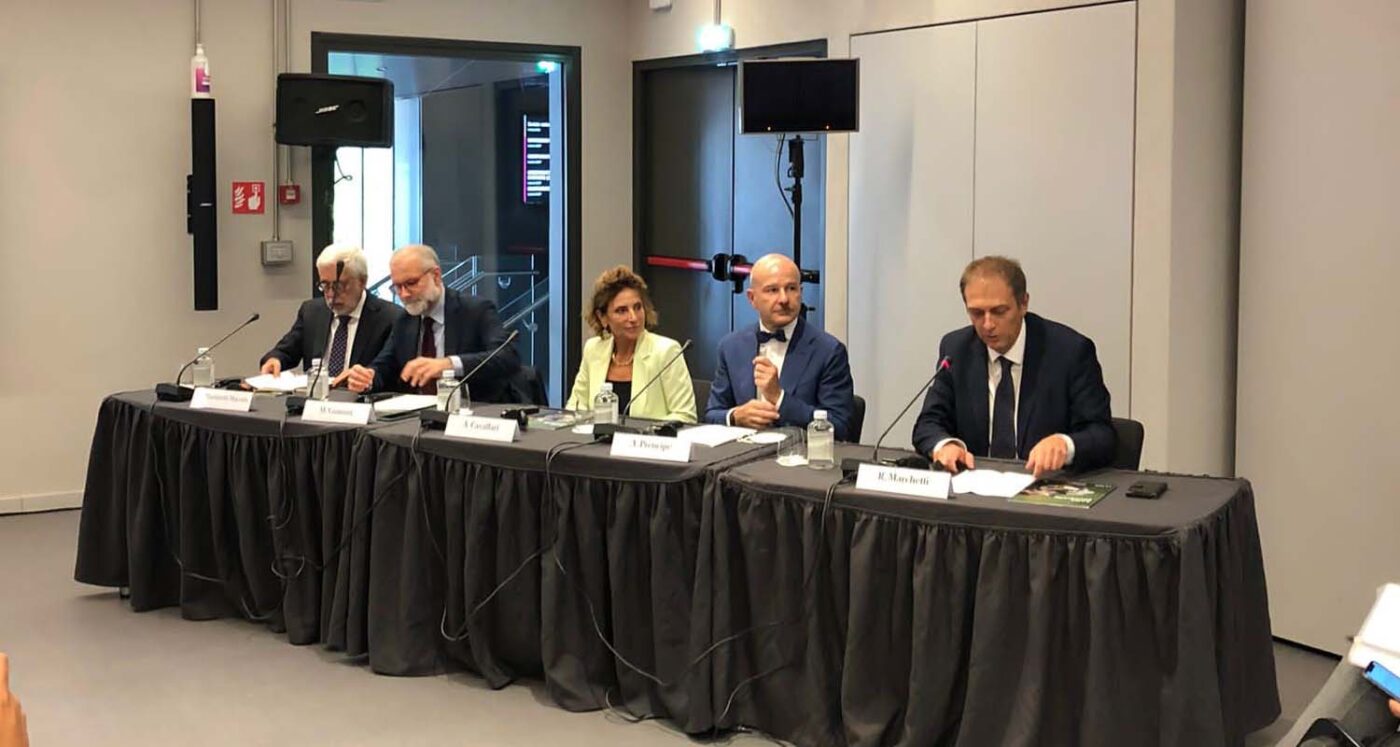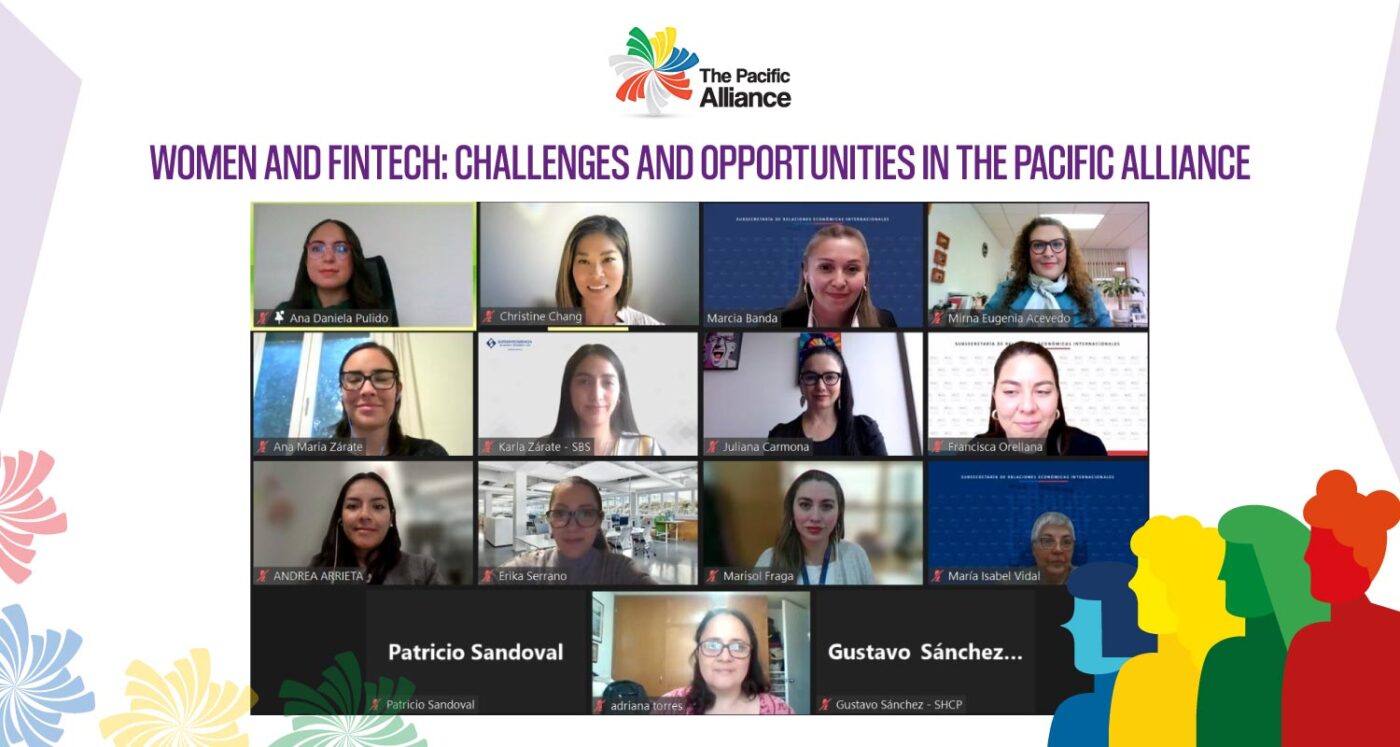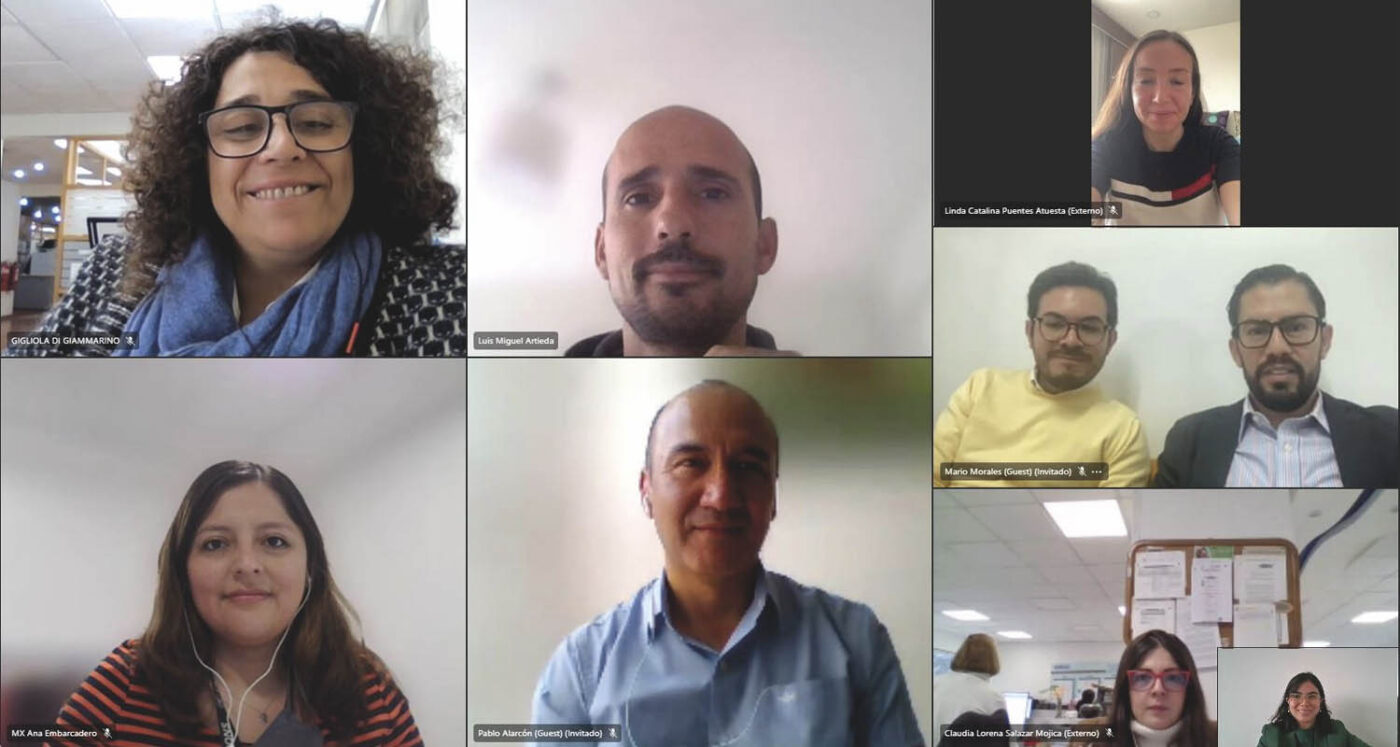October 22, 2022.- On October 20, the VII Pacific Alliance Youth Meeting was inaugurated in Mexico City, under the theme CREATORS OF CHANGE. The forum, organized by Nestlé, in cooperation with the PA, facilitates the space for dialogue and exchange of experiences and seeks to increase cooperation and job placement, in order to contribute to the productivity and competitiveness of the four countries.
On this occasion, for the first time, the Youth Meeting is being held in a hybrid format, with the participation of more than 200,000 young people from different countries.
Representatives of the High Level Group of the four member countries participated in the inauguration. José Miguel Ahumada, Undersecretary of International Economic Relations of Chile, invited young people not to fear failing and always act consistently, regardless of adversity. He also stressed that people’s spirit of curiosity brings the necessary changes to society.
Marcelo Ebrard, Minister of Foreign Affairs of Mexico, pointed out that “investing in young people, listening to young people, trusting young people is the best thing we can do.” The Mexican Foreign Minister added that “the Pacific Alliance is strong, because it has a common vision, and part of that vision, an important dimension, is listening to young people” because that is what gives it strength and vitality.
Likewise, Ana Cecilia Gervasi Díaz, Deputy Minister of Foreign Affairs of Peru, invited young people to be persevering and optimistic. On behalf of Colombia, the Minister of Commerce, Germán Umaña, participated.
During the second day of activities, among others, the panel “International mobility: the young route” was held in order to publicize the student mobility opportunities offered by the PA countries within the framework of their scholarship program. #JóvenesCREA
The Meeting has been held since 2016 in the Pacific Alliance, as a result of Nestlé’s global program “Initiative for Youth”, with the aim of strengthening this cooperation to promote employability, mobility and provide tools for young people.

